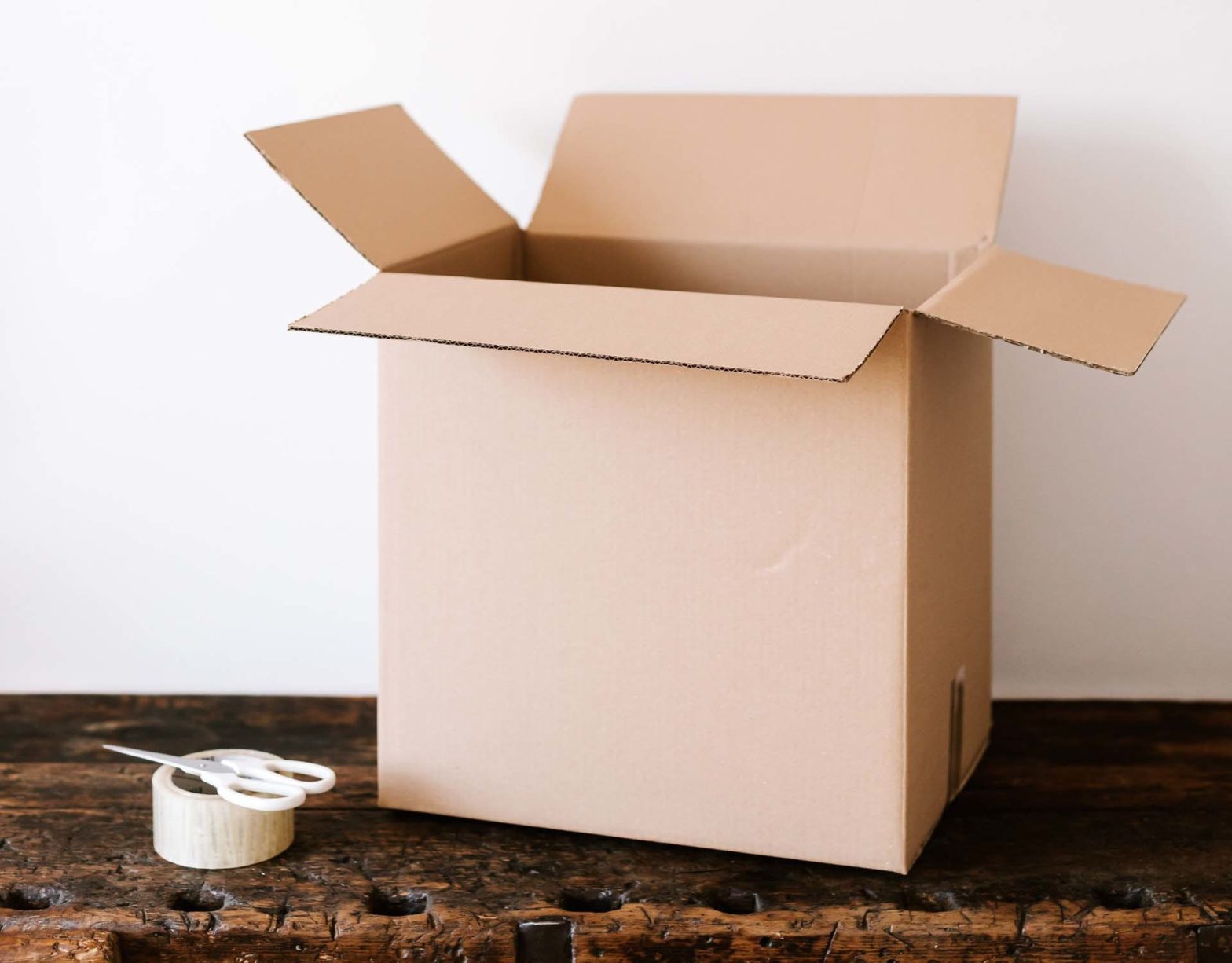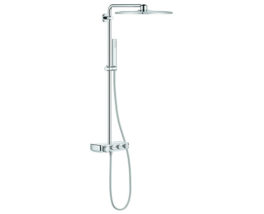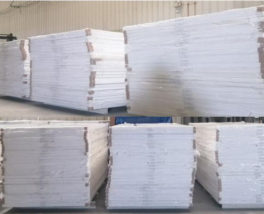
Did you know that any foreign manufacturer accredited by the Bureau of Product Standards (BPS) can label imported products as “made in the Philippines?” However, the recently-filed letter by the Cement Manufacturers Association of the Philippines (CeMAP) is bound to change that.
Strengthening the “buy local” program
Although a huge portion of any “buy local” campaign is dependent on the consumers, national laws and organizations should be at the forefront of guiding the public which products are “truly local” and which are not. For example, the BPS allows the relabeling of imported cement as “local” as well as assume a different branding – and all they take is proper accreditation.
In efforts to clear the issues on “mislabeled” cement products that have surrounded the cement industry for years, DTI has issued a new policy on labeling cement products. However, this isn’t purely for the sake of solving the issue alone, but also for enhancing the government’s pursuit of its “buy local” program – ensuring that only locally-manufacturing cement products will benefit from the said initiative. Altogether, this leads to a wider vision of helping the sector to recover from the massive effects of the pandemic.
More detailed and honest labels on the way
According to a new memorandum circular issued by the Department of Trade and Industry (DTI), all locally-manufactured and imported cement products shipped in bulk and bagged in a bagging facility licensed by the Philippine Standards (PS) shall contain the name, address, and country of the manufacturer, along with the words “bagged by” alongside the name and address of the bagging facility.
Aside from future cement products, however, the DTI has ordered both operators and manufacturers of these bagging facilities to immediately halt all printing operations of previously-approved cement products that state “Product of the Philippines.”
Expanding the initiative
Although DTI’s recent change of policy only involves cement products, the Lokal Muna-Consumer Protection Watch agrees that the fight against mislabeling products shouldn’t stop there. Instead, this initiative should expand to protect other local products such as food, rice, and chicken products, among others.
Both a warning and an example at once, the act of mislabeling imported products as “local” isn’t only an illegal activity in itself, but also a violation that can put consumers at risk. Indeed, transparency is the only right thing to do when labeling essential construction materials such as cement – reflecting the country where these products are produced with no reservations.



